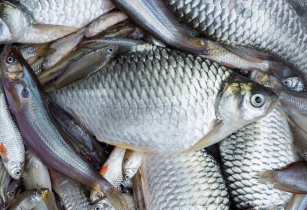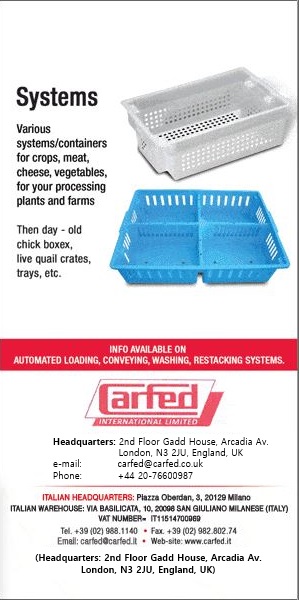Compassion in World Farming has called out the seafood certification scheme, Best Aquaculture Practices (BAP), for failing to improve the welfare of the hundreds of millions of farmed fish it certifies every year
BAP, which is administered by Global Seafood Alliance, was chosen as the focus for the campaign as they have done the least to improve farmed fish welfare out of the four biggest global fish certification schemes in the last three years. The scheme certifies seafood that is sold all over the world.
In 2020, the animal welfare and environmental NGO launched a global campaign urging the Aquaculture Stewardship Council (ASC), BAP, Friend of the Sea (FOS) and GLOBAL G.A.P to introduce or improve on their welfare standards for farmed fish.
Since then, all have made some efforts to improve farmed fish welfare. The US-based BAP is the only one of these schemes to have made no significant welfare improvements at all for the up to 500 million farmed fish they certify.
Compassion in World Farming says poor animal welfare not only leads to fish suffering but also greater environmental damage and is calling for the following fish welfare improvements:
• Mandatory species-specific stocking densities based on scientific and welfare evidence. Very high stocking densities lead to an increased susceptibility to disease, physical injuries, and stress, and reduced growth and water quality.
• A ban on the routine use of antibiotics as this contributes to antibiotic resistance issues.
• A ban on the killing of predators such as seabirds and marine mammals
• Mandatory species-specific limits to fasting periods. Currently, farms can decide how long fish should fast before being transported or slaughtered in order to clear the gut so that less waste is excreted into the water. BAP should establish time limits to ensure fish are not fasted for any longer than is absolutely necessary.
• Appropriate environmental enrichments for each species, such as shelters, hanging ropes, rods or kelp which crates curtains, to meet the behavioural needs of fish.
• A reduction/ban on wild-caught fish as feed. The use of fishmeal and oil (FMFO) from wild-caught fish for aquaculture feeds contributes to the overfishing of wild populations and has welfare implications. Fish caught from the wild suffer immensely during the processes of catching, landing, and killing. A significant proportion will die, crushed under the weight of other fish in the nets, while fish that survive capture and landing, will be simply left to asphyxiate, or may die during processing.
• Mandatory species-specific humane slaughter methods to ensure all species have a quick and pain-free death.














